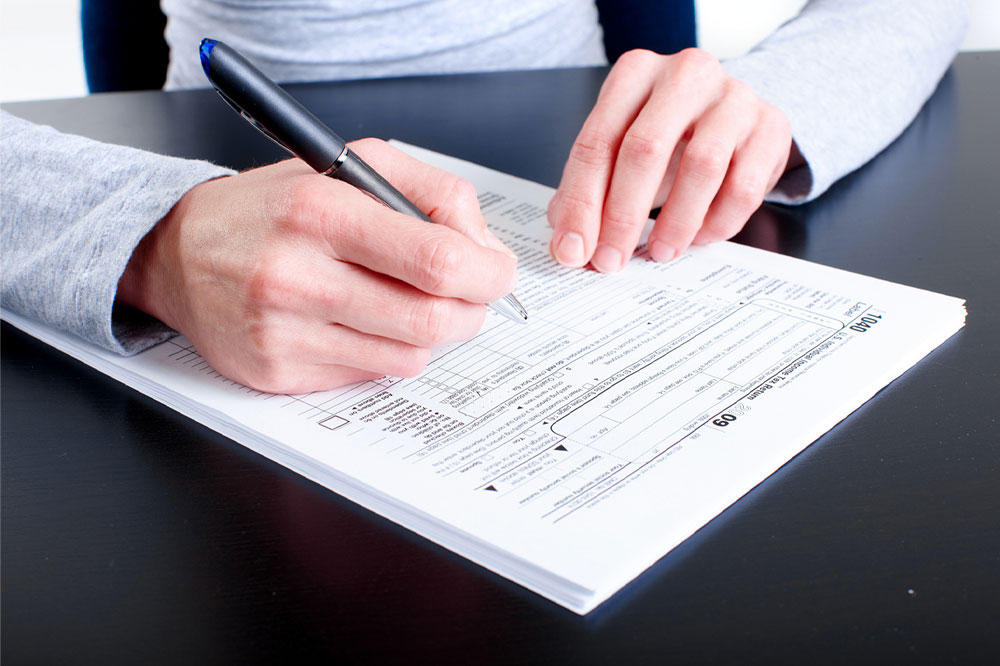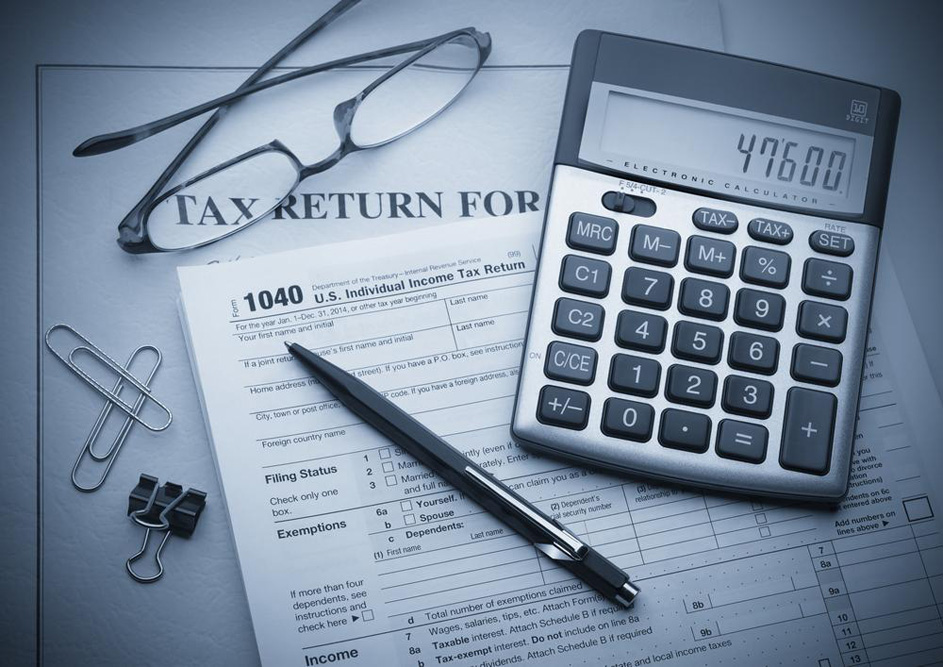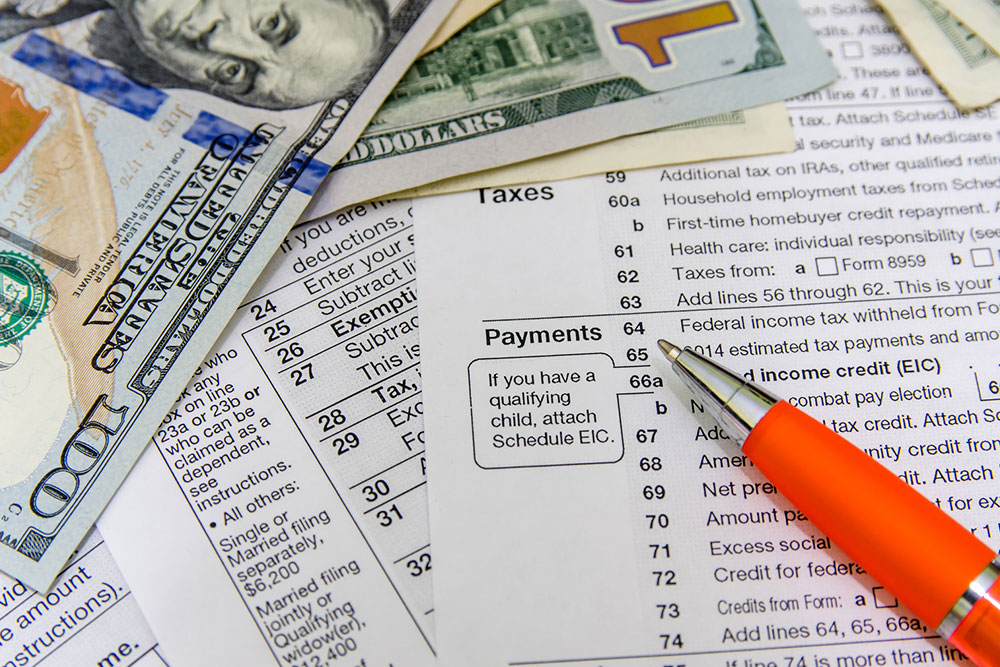Consequences of Failing to Pay Taxes: What You Need to Know
Ignoring tax obligations can lead to serious legal and financial repercussions, including penalties, property seizure, and criminal charges. Stay informed to avoid costly consequences and ensure compliance with tax laws. Our article highlights the key risks associated with tax non-compliance for individuals and businesses alike.

Consequences of Failing to Pay Taxes: What You Need to Know
While the majority of individuals comply with tax regulations, some may attempt to avoid paying taxes secretly. Non-compliance includes activities like illegal tax evasion, legal tax avoidance, and tax reduction strategies. Misreporting income is another serious issue under U.S. law. Failure to adhere to tax laws can cause unreported income to spike, widening the tax gap and leading to severe repercussions.
Related Reading: 22 Hidden Tax Deductions
For businesses, neglecting tax responsibilities can threaten their legal standing, potentially resulting in lawsuits, audits, fines, or even termination of operations.
This situation can jeopardize your business, leading to legal actions and economic losses. The main consequences of tax non-compliance include:
Failing to file tax returns can result in a penalty of 5% of unpaid taxes each month. After two months, the penalty caps at either $135 or 100% of the owed taxes, whichever is less. Not submitting returns is often the initial indicator of non-compliance.
If returns are filed but taxes remain unpaid, the IRS imposes a failure-to-pay penalty of 0.5% of the unpaid amount. Additionally, interest accumulates on the outstanding taxes, increasing the total owed.
Unpaid taxes can block future refunds from previous years until current dues are settled. This can disrupt financial planning significantly.
Your property might be subjected to a tax lien, preventing sales or loans against it until taxes are paid. Since many use properties as collateral, this can cause major issues.
If liens go unpaid, the IRS may seize and sell the property to cover tax liabilities, often at below-market prices, leading to losses.
Accumulating penalties, fines, property seizures, and unpaid taxes may result in criminal charges. Such charges can impact employment and reputation.
Stay informed about Tax Updates. Follow us on Facebook and Twitter for more investment insights.










